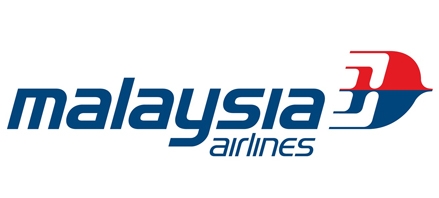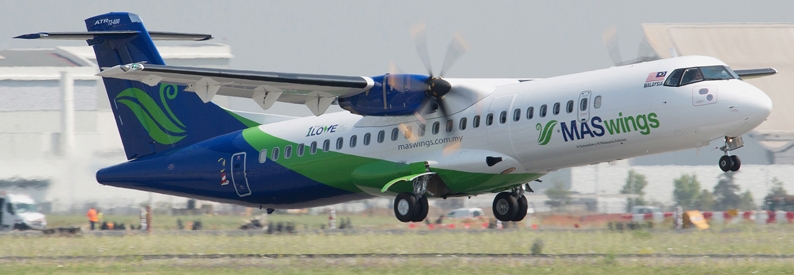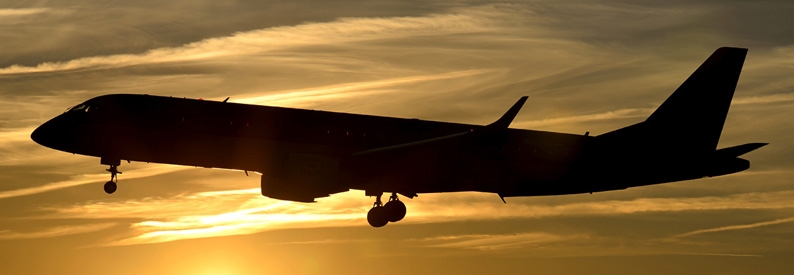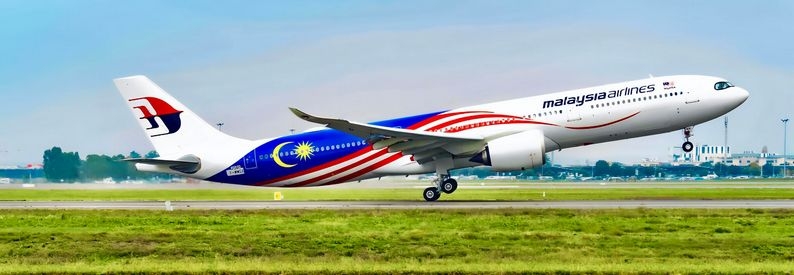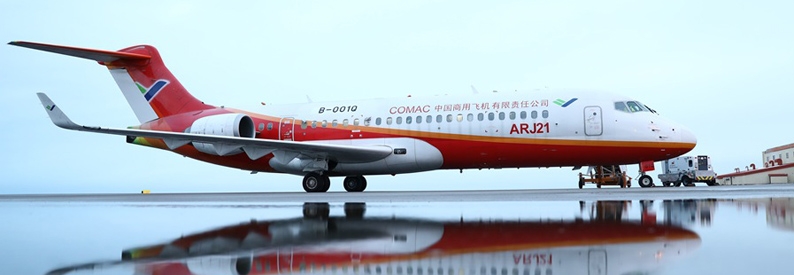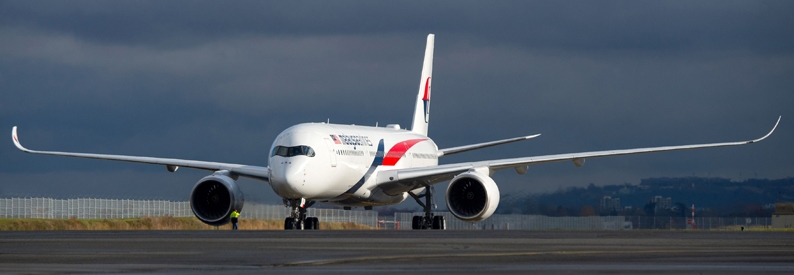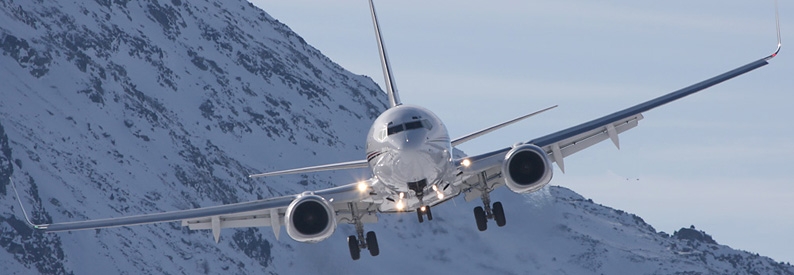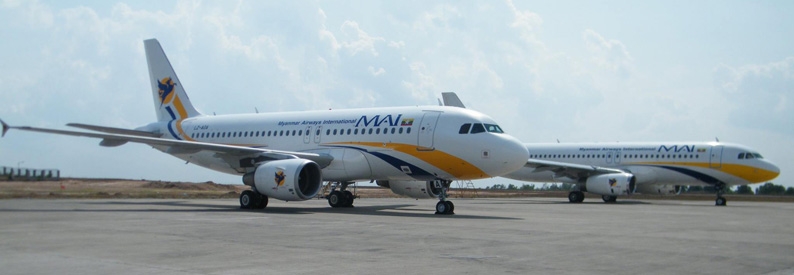Malaysia Airlines (MH, Kuala Lumpur International) has garnered bids from four carriers - JAL - Japan Airlines, Malindo Air, Air France-KLM, and AirAsia Group - documents produced by the Malaysian sovereign wealth fund, Khazanah Nasional Berhad (KNB), have revealed.
While the winning bid is expected to be decided in April, last month Malaysia's Minister of Economic Affairs Mohamed Azmin Ali confirmed that it was yet to receive one bid that was sufficiently attractive to take forward. However, at that stage, the details of their proposed bids and indeed the four bidders were still confidential, despite the constant rumours linking various airlines with the purchase - this information that has now been revealed.
Business publication Focus Malaysia, which claims to have seen documents on the deal, said the front runners are believed to be AirAsia Group and JAL, with the Malaysian low-cost carrier group (LCC) apparently the best of the current offers, according to the MIDF Amanah Investment Bank Bhd Research (MIDF Research).
In summary, the main benefits of AirAsia Group's bid are as follows:
- Equity stake and valuation pending detailed proposal;
- Estimated synergies of MYR1.4 billion (USD280 million) per year;
- Expected to solve industry overcapacity;
- Access AirAsia’s digital and other aviation businesses.
According to MIDF Research, “KNB views the consolidation as the best way forward in resolving domestic industry capacity, thus placing Malaysia Airlines (MAB) on a more financially sustainable path.” However, the research firm felt that the LCC's proposal "lacked details such as comprehensive proposal on the valuation of the MAB stake and any mention of revenue management measures."
Other details in the plan would see AirAsia Group acquire AirAsia X (D7, Kuala Lumpur International) via AirAsia (AK, Kuala Lumpur International), merging them into one airline, before absorbing MAB under AirAsia Investment Limited (AAIL), which is 100% owned by AirAsia Group, leading to a single listed entity. “AirAsia will target the low-cost segment while MAB will focus on the premium segment for both domestic and international markets," noted the MIDF Research.
Looking at the bid received from JAL, the Oneworld carrier proposed a MYR1.12 billion ringgit (USD275 million) cash injection for a 25% stake in MAB, leaving KNB as the airline's main shareholder. The Malaysian government would also retain its golden share in the carrier. Also, the JAL deal offered its revenue management and turnaround expertise, and indicated that it would make Kuala Lumpur International an international hub, competing against Singapore Changi and Bangkok Suvarnabhumi. To do this, JAL would direct traffic from Japan to India, Indonesia and Australia currently routing through Thailand and Singapore to Kuala Lumpur. It would also improve connectivity between the Malaysian capital city and the US through Tokyo.
The Japanese airline also proposed the foundation of a new mid-to-long-haul low-cost carrier which would integrate into the networks of both carriers and would open up new routes to the US and Europe, using MAB and JAL staff to ensure the exchange of best practices.
The JAL offer was deemed as inferior to that of AirAsia Group by KNB because the estimated synergies would only amount to MYR138 million-MYR359 million ringgit (USD34-88 million) a year – which is thought to not be enough to cover MAB’s losses. Also, KNB was discouraged by the fact that the Japanese airline did not propose taking the lead in MAB's restructuring, and that its solution would not solve domestic overcapacity. In this regard, AirAsia Group came out top in these two categories, according to the documents viewed.
Despite its bid details being revealed, Air France-KLM said on January 21 that while it had previously held talks with KNB, it was no longer involved in the process.
“Air France-KLM continues to study global investment opportunities per its strategic goal to be an active yet pragmatic participant in industry consolidation, as presented at its Investors Day in November 2019,” the Franco-Dutch airline group said in a press release.
“Air France-KLM had previously been in contact with Malaysia Airlines’ shareholders, but at this stage, Air France-KLM is not a current party to the sales process of Malaysia Airlines.”
Details on the Franco-Dutch group's offer was as follows:
- No initial investment but a call option for a 49% stake;
- Synergies estimated between RM1.2 billion and RM2.2 billion per year;
- 50:50 joint venture in maintenance, repair and operations;
- Commercial cooperation with daily Paris-Kuala Lumpur flights and possible expansion to North Africa and Europe.
In terms of the fourth and final bid, Malindo Air's offer, the details appear to be scanter:
- No available information on equity stake or valuation;
- One year collaboration trial before a final decision on a merger;
- Expected cost reduction through economies of scale.
At this stage, it is unclear whether KNB and the Malaysian government have approached the four bidders to improve their respective offers, withdraw them, or whether it was seeking new bids. Minister Ali did say last month that officials would be looking "into other options before we can come up with the final decision.”
